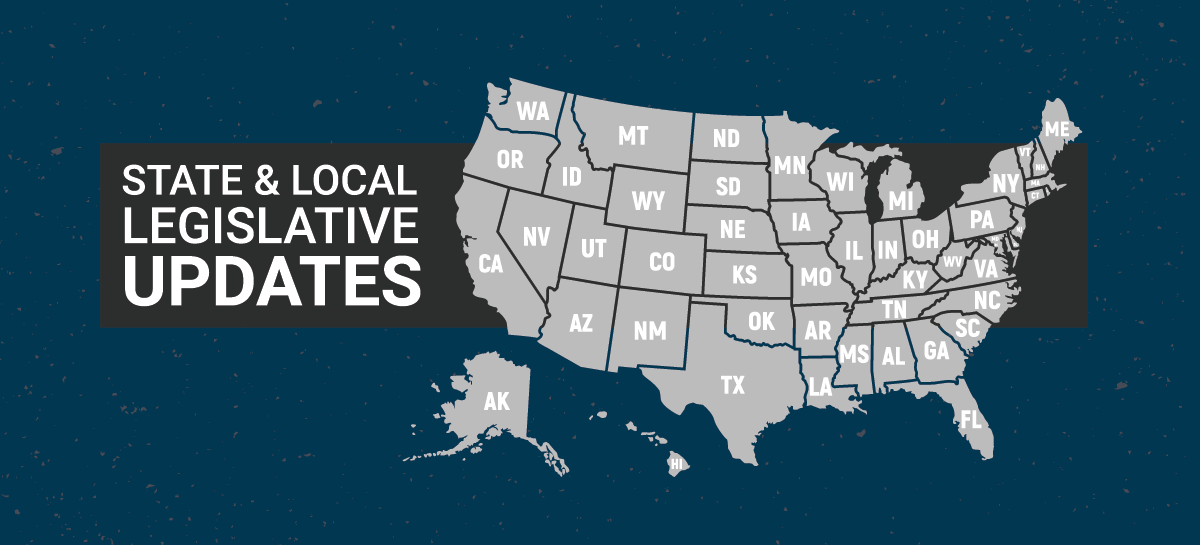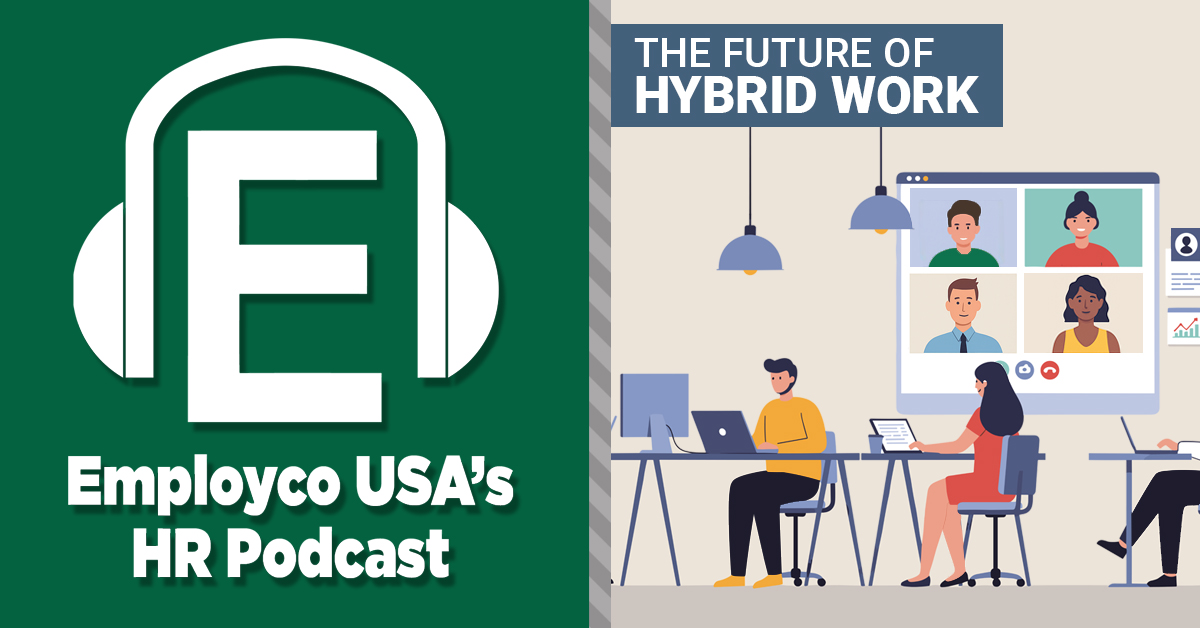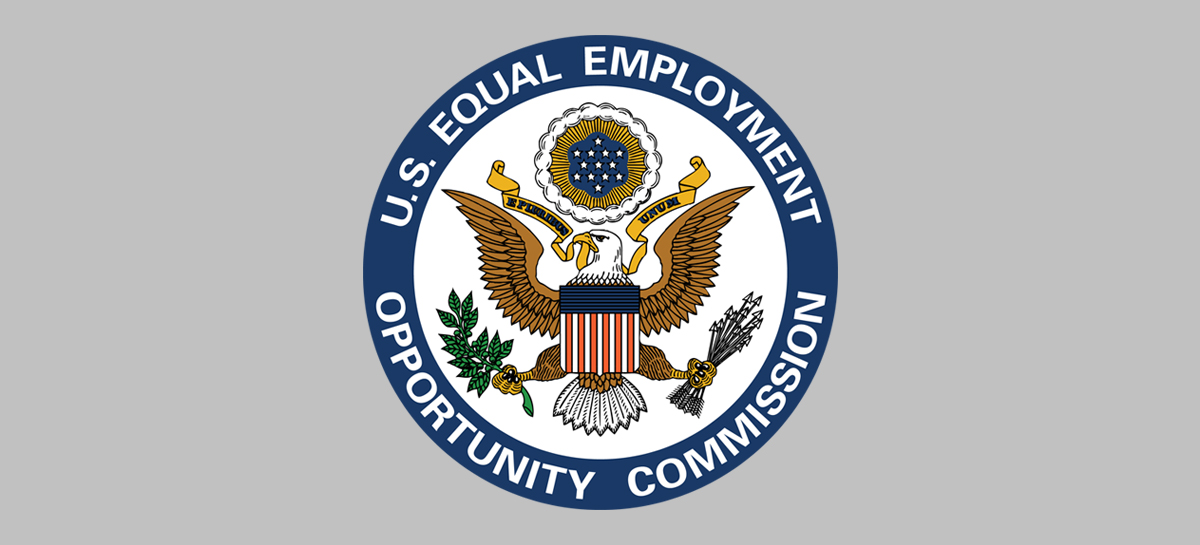
2026 State Overtime Salary Levels – Under federal and state laws, employers must compensate their employees with 1.5 times their regular rate of pay for any hours of overtime work. However, under these laws, employees who work in an executive, administrative, or professional (EAP) capacity are exempt from overtime pay if they satisfy, among other things, the salary level requirements for their exemption. Under the federal Fair Labor Standards Act (FLSA), the current salary level requirement for the EAP exemption is $684 per week ($35,568 per year) on a salary or fee basis (with an exception for highly compensated employees). While these salary levels apply in most U.S. jurisdictions, some states have adopted EAP salary levels higher than the ones required by the FLSA. These states are Alaska, California, Colorado, Maine, New York, and Washington.
Continue reading




